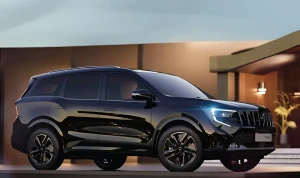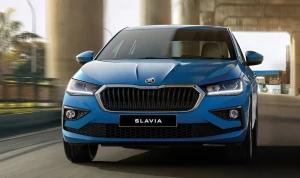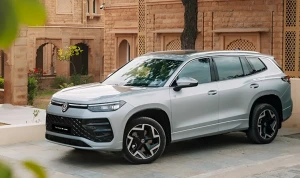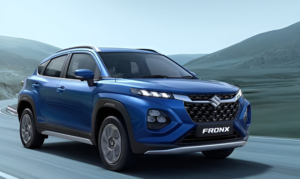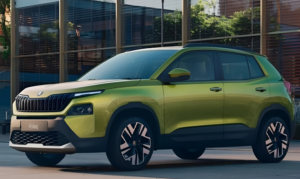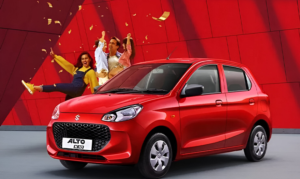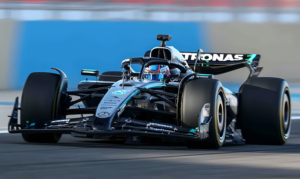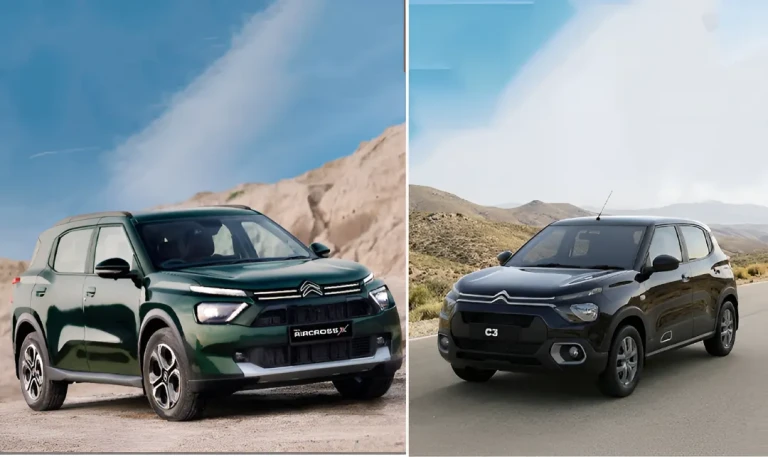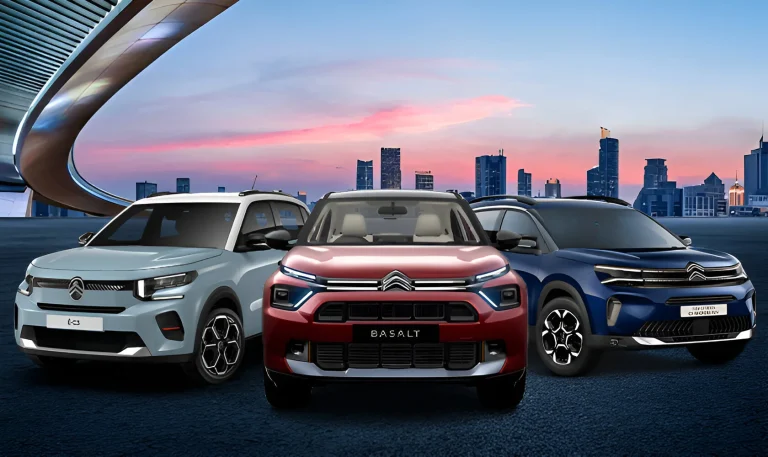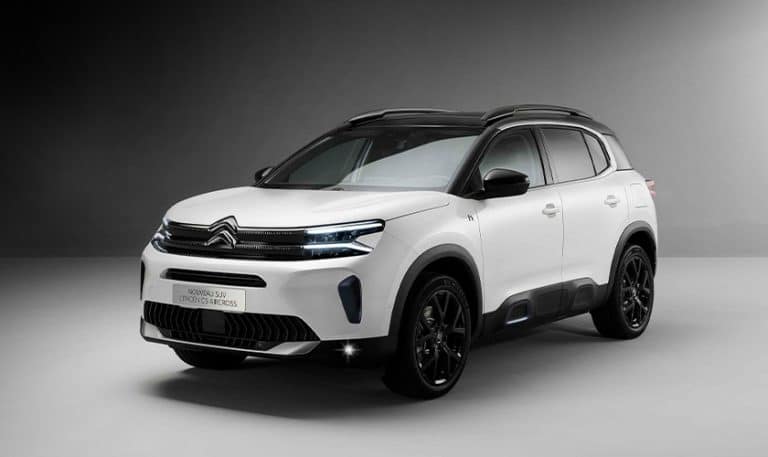Citroen C5 Aircross used As Friction Tester, Ensuring Safe Landings At Bengaluru Airport
- Citroen C5 Aircross will now be used as friction tester at Bengaluru Airport.
- The C5 Aircross has become the first to get a 'made in India' friction testing vehicle.
Tags:
CarOnPhone is your one-stop destination to see all upcoming cars, latest cars, released cars, and EV Cars, and compare Cars in all Car Brands. Stay tuned and follow us to update yourself on the automotive world.
Was this article helpful?



